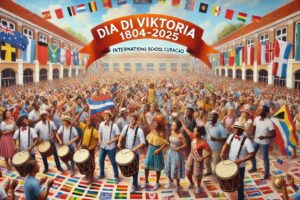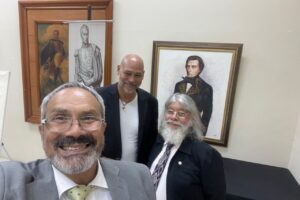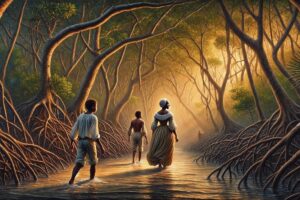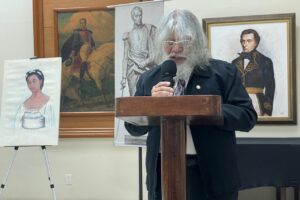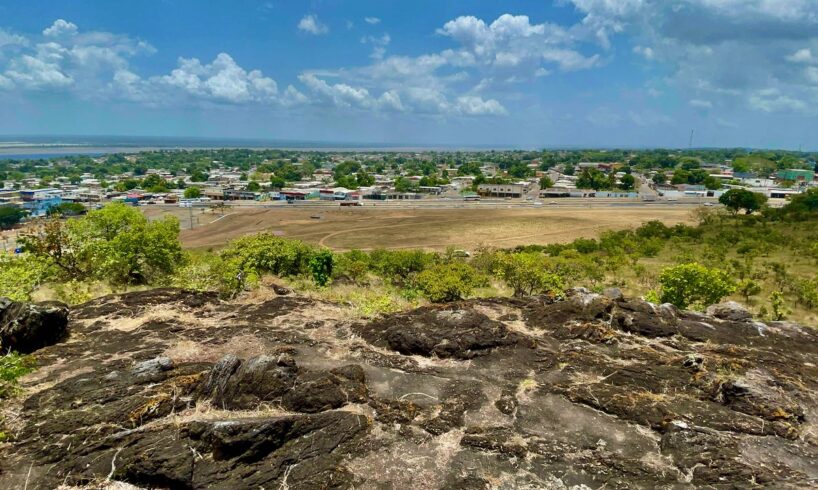
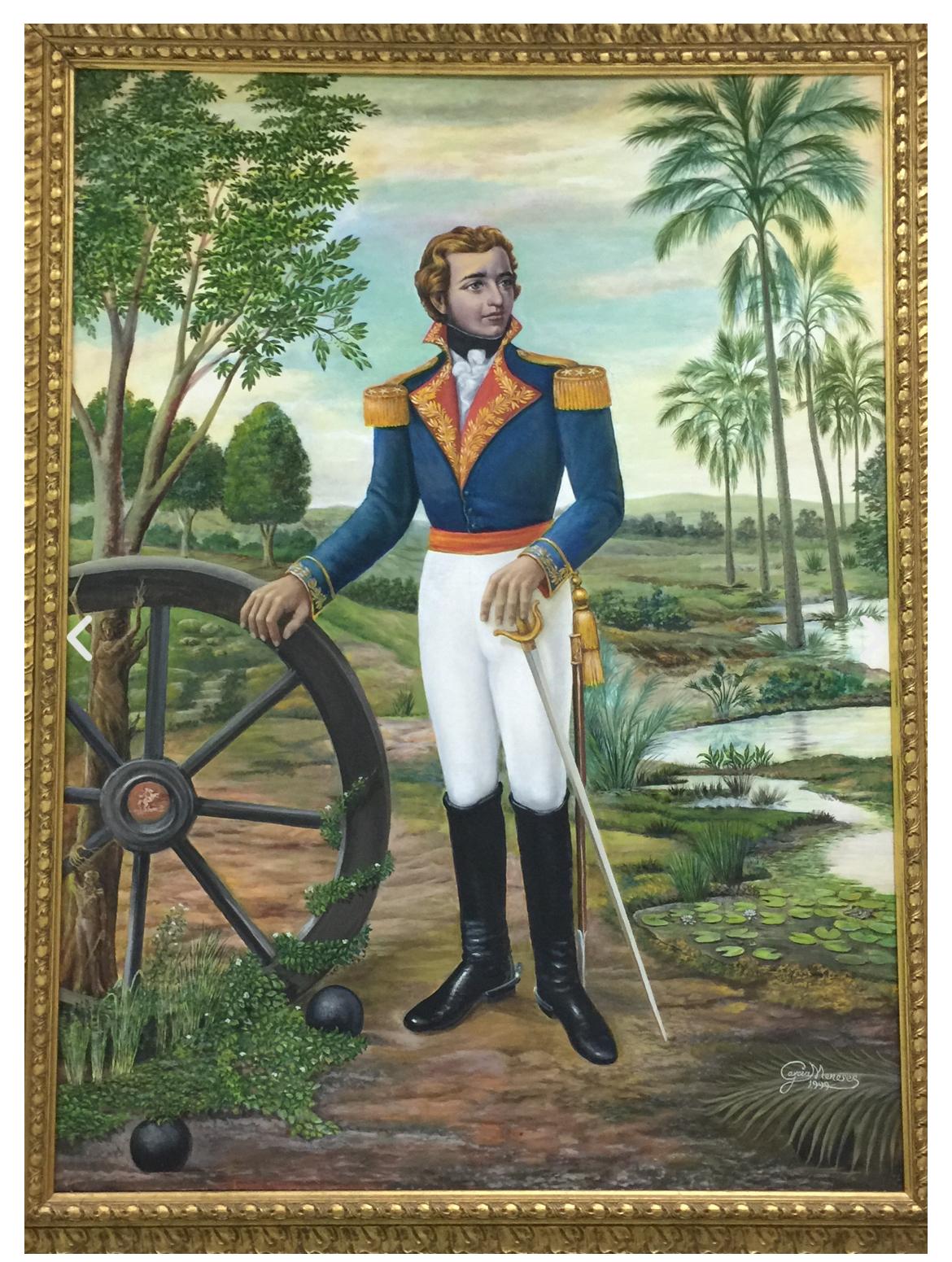 Manuel Carlos Piar was more than just a revolutionary general—he was a leader who embodied the struggles of the marginalized and became the “Libertador del Sur” of Venezuela. His military genius, political vision, and unwavering commitment to social inclusion set him apart in the fight for independence. The people of Guayana, particularly along the Orinoco River, did not just recognize him as a military figure; they proclaimed him their liberator, acknowledging his role in securing victory over Spanish colonial forces and uniting diverse social groups under a common cause.
Manuel Carlos Piar was more than just a revolutionary general—he was a leader who embodied the struggles of the marginalized and became the “Libertador del Sur” of Venezuela. His military genius, political vision, and unwavering commitment to social inclusion set him apart in the fight for independence. The people of Guayana, particularly along the Orinoco River, did not just recognize him as a military figure; they proclaimed him their liberator, acknowledging his role in securing victory over Spanish colonial forces and uniting diverse social groups under a common cause.
A Military Genius and Unifier of the Oppressed
Piar’s campaigns in Guayana were decisive in shifting the course of the Venezuelan War of Independence. His strategic victories, including the Battle of San Félix (1817), were instrumental in securing control over vast and resource-rich territories, providing Simón Bolívar’s forces with a stronghold from which to continue the war.
However, what truly distinguished Piar from other independence leaders was his ability to rally Indigenous populations, Afro-descendants, and disenfranchised sectors of Venezuelan society. While many independence leaders came from aristocratic backgrounds and were reluctant to embrace the cause of the lower classes, Piar openly advocated for their inclusion in the struggle. His personal background—as a mulatto of Curaçaoan and European descent—gave him a unique understanding of racial and social inequality, making him a natural champion for those who had been excluded from power.
The Proclamation of the People: A Title Earned in Battle
The proclamation of Piar as the liberator of southern Venezuela was not a symbolic gesture; it was a recognition of his victories, leadership, and commitment to justice. His military success in the region allowed Bolívar to consolidate his forces and advance the independence cause. However, Piar’s growing influence and advocacy for social reforms made him a controversial figure within the independence movement.
His call for racial and social equality—especially his belief that Afro-descendants and Indigenous people should have full rights in the new republic—was seen as a threat by the predominantly white and elite leadership. This ideological rift would later contribute to his tragic downfall.
A Legacy That Lives On
Despite his execution in 1817 under orders from Simón Bolívar, Piar’s legacy refuses to be erased. In Ciudad Bolívar and across Guayana, his name remains a symbol of resistance and liberation. His title as “Libertador del Sur” continues to be commemorated in local traditions, historical narratives, and academic discussions.
Historians like Hildelisa Caballo Requena have been instrumental in bringing Piar’s contributions back into the spotlight. Their research challenges the dominant narrative that has often minimized or overlooked the roles of Black and mixed-race leaders in the independence movement. By analyzing historical records and firsthand accounts, these historians are ensuring that Piar’s role as a liberator is rightfully acknowledged.
Reclaiming Piar’s Place in History
Manuel Carlos Piar was not just a military figure; he was a revolutionary in every sense, fighting not only for territorial independence but also for the political and social inclusion of those who had been left out of history. His execution did not silence his impact, and today, scholars and activists are working to restore his rightful place among Venezuela’s greatest independence heroes.
For those interested in exploring Piar’s complex and inspiring story, the works of historians specializing in Venezuelan independence—particularly Hildelisa Caballo Requena’s research—offer critical insights into the real motivations behind his proclamation as a liberator and the forces that sought to suppress his vision of true equality.
Piar was not just a hero of the battlefield—he was a hero of the people. His fight for independence, justice, and equality remains relevant today, reminding us that true liberation extends beyond military victories to the fight for a more inclusive and just society.
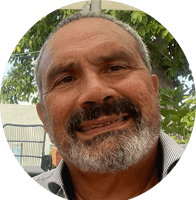
Tico Vos is a professional photographer, producer, and tourism specialist. He has been documenting the History, Culture, and News of Curaçao. This site is a documentation of the history of Manuel Carlos Piar.

